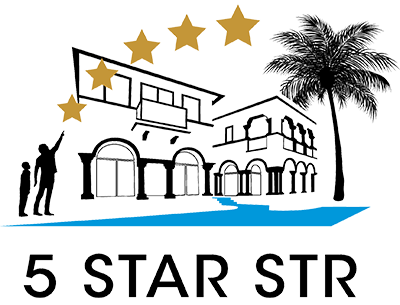What is AirBNB Revenue Management?
What Is Revenue Management?
AirBNB Revenue management involves using data and analytics to predict demand and adjust pricing and sales terms to maximize revenue from a business’s inventory or supply. It's often described as the art and science of “selling the right product to the right customer at the right price.” Some definitions also include qualifiers like “at the right time” or “through the right channels,” but the core idea is to adapt sales strategies to meet the market's changing needs.
Revenue management goes beyond just setting prices. It considers the needs of potential customers more than the product's cost. Industries with high fixed costs and low marginal costs, such as travel and hospitality, commonly use revenue management. Examples include hotels, airlines, golf courses, and car rental agencies, which utilize these strategies to set prices and sales terms effectively.
Revenue Management vs. Yield Management
Yield management is a subset of revenue management focused on clearing inventory. It works under two main conditions: a fixed amount of depletable inventory and an expiration date for what is being sold. For instance, a round of golf that isn’t sold today cannot be sold tomorrow.
Yield management also often involves segmenting customers based on their willingness to pay. For example, weekday golfers might be retirees willing to pay less, while weekend golfers might pay more from business expense accounts. This segmentation allows for different selling terms based on customer types.
Key Differences
AirBNB Revenue management is broader and allows for long-term strategies to maximize revenue, while yield management optimizes revenue from fixed inventory. Revenue management can focus on various revenue-generating variables, whereas yield management is inventory-centric and might miss opportunities to improve ancillary revenue, such as pro shop sales or hotel restaurant usage.
Key Takeaways
Revenue management treats each day as a separate market with its own supply and demand.
High-quality information about the business, customers, competitors, and calendar is essential.
Revenue management isn't just quantitative; a long-term strategic approach is also important.
For some businesses, revenue management can be the key to success.
AirBNB Revenue Management Explained
Success in revenue management relies on collecting and analyzing detailed information about offerings, customers, the calendar, and the competitive market.
Knowing your offerings involves understanding not just inventory but also how it can be utilized, such as selling hotel room nights individually, as part of longer stays, or for events.
Understanding your customers helps predict demand. Different customer types, like business travelers and leisure travelers, respond differently to promotions and events.
The calendar is also crucial. For example, business hotels might see higher demand during the week, while beach resorts see higher weekend demand and seasonal variations.
Knowing your market involves understanding competitors and comparable alternatives, collecting pricing information, and using it strategically. This information helps set prices and establish constraints, such as not selling out all rooms in advance of a big event to leave room for higher-paying last-minute bookings.
In essence, a good Airbnb revenue manager leverages all this information to adapt strategies dynamically, ensuring the business maximizes its revenue potential.
